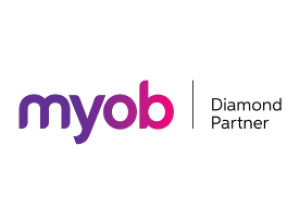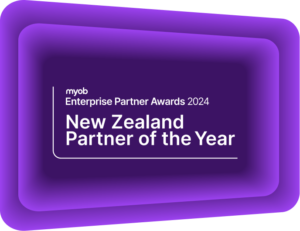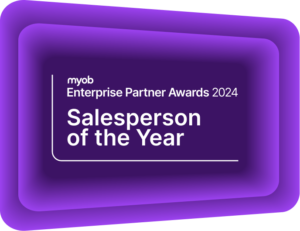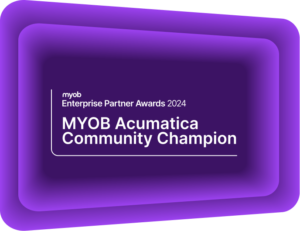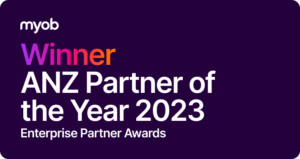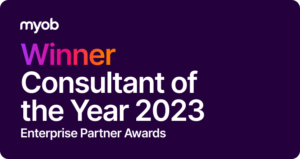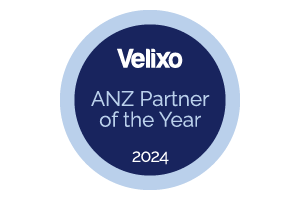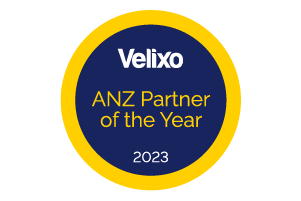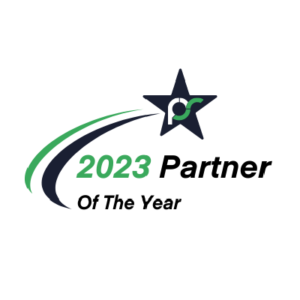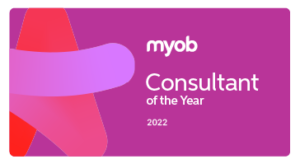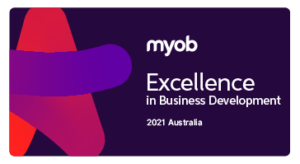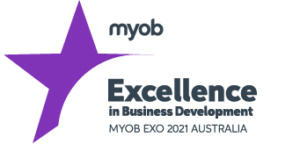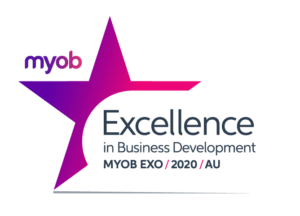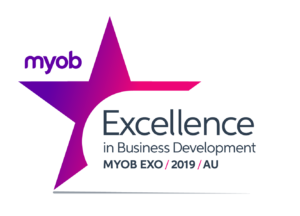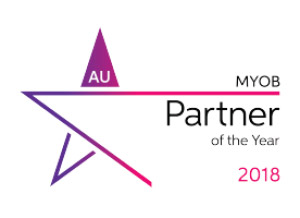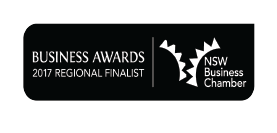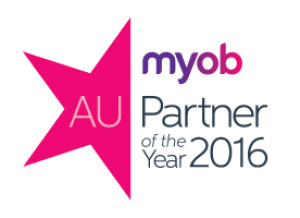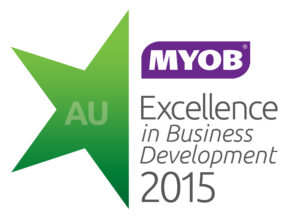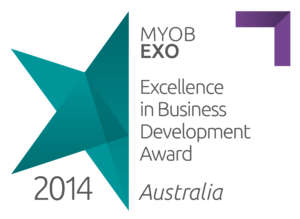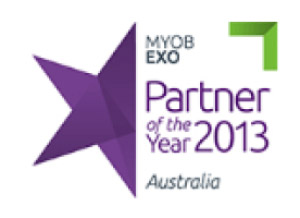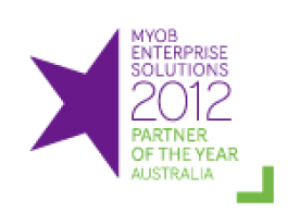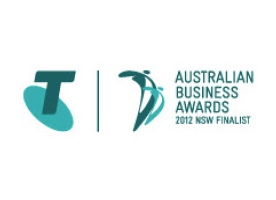Infomate is passionate about transforming your business and processes to improve efficiency. They forge strong relationships built on simplicity, excellence, and trust.
The Infomate team has experience with multiple ERP platforms, automation and cutting-edge technologies and has exposure to multiple industry verticals. The combination of experience and skill helps you re-engineer your business processes and achieve world-class financial and accounting standards. Outsourcing your operations enables your company to focus on growing and expanding.
Adapting and evolving to different service delivery models can revolutionize your work. Consolidating your facilities and people into a single organisation can reduce net headcount, increase economies of scale, and reduce duplicated efforts. A strong focus on process improvement leads to an increase in company productivity.
The team at Infomate are driven to build strong relationships and a transformational future for their clients. In addition, they provide a range of services.
If you struggle with building a skilled and experienced finance team, rising costs, or lacking system knowledge – consider outsourcing your finance operations. Whether you want to streamline operations or improve performance, Business Process Outsourcing can be a good option to get ahead and stay ahead of your competition. At a recent webinar, we explored the benefits of BPO and how it can mitigate the challenges modern businesses face.
Infomate is passionate about transforming your business and processes to improve efficiency. They forge strong relationships built on simplicity, excellence, and trust. They share common answers to Frequently Asked Questions:
How large is Infomate? How many customers, full-time employees, and ASX-listed clients do you currently have?
We have a team of 500. We have over 150 customers, and we have ten customers in Australia. We also have customers in
other parts of the world, including Europe and the US, but we have ten customers in Australia, and they’ve been serving clients in Australia for over a decade.
What's the typical turnaround time like?
We believe in measuring all aspects of performance. So, turnaround time is one of our key performance indicators, along
with accuracy score, productivity, quality, audit score, and other indicators like the average type of transaction. So, we measured everything and brought manufacturing-type metrics, discipline, and rigour into the service sector. So, the total turnaround time is determined by the client’s requirements. So many of the standard turnaround times we have is 24 hours. So, from scanning and uploading a document to the time it is input into the ERP system, 24 Hours.
We also design unique sellers for specific processes, so sometimes it’s as little as 4 hours. So it is driven by the customer requirement, by the business requirement. It’s done in discussion with the client, and once it is decided on, it is measured and reported on. So, 24 hours would be a good benchmark standard for your average AP bank reconciliations, GL, and so on.
Expanding upon that. There are benefits in terms of the time zone differences as well. I imagine some of your clients are sort of leveraging that to expand their ability to service clients. Can you maybe talk to those benefits?
So we can work to the Australian calendar and Australian hours if required. But some customers find it advantageous to use the Sri Lanka time zone, which is four and a half hours behind Australian hours, because when they come in the next day, they are able to cover a larger number of the day so that they can cover 16 hours or maybe 13 or 14 hours, and when they come in the next day, they find a lot of the work that they’ve uploaded in the evening is now complete. So, some customers find that the Sri Lankan ads work to their advantage.
Where does one start with this? What does the process look like? How long does it typically take to convert to or embrace the outsourcing model? Let's just start with these three points, if we can.
It starts with a simple inquiry, which will get drafted to Kilimanjaro. The first would be a simple chat to understand the requirements and the solution we will provide. Afterwards, we will customise a solution, which will take maybe a couple of weeks, along with the commercials and if everyone’s good to go. The typical transition period is 6 to 8 weeks so it could be maybe four weeks or five weeks for a smaller project, and for a larger engagement, go up to eight weeks.
So, during this period, we work on a project plan, and three activities happen in parallel. Number one is the detailed process study, where we try to understand the specifics of your business. Look at the KPIs and the metrics.
Number two is the hiring of the resources. We would onboard people who meet the specific requirements that you might have. And sometimes they might say, I want to accountant clever people, or sometimes it might be a junior accountant. So, we would hire people based on the specific requirements of that engagement.
And the third is IT connectivity. So, that isn’t a huge challenge. But to make sure that you’ve got an established, secure connectivity into the MYOB or Acumatica, you’ve got your user IDs, and you define the transaction codes that would be given. You do not need to give agents full system-wide access. They only need access to the transactions they will handle.
What are the main risks that your clients have encountered?
In terms of risks, there are a couple of points that we’ve identified, and we look at this very carefully. So one is during the transition of the migration, and that’s one of the biggest areas of risk in my 17 years of experience where the client and the service provider have different expectations and where the service provider understands the business a little bit differently from what the client needs.
We do detailed documentation and sign off to address and mitigate that risk before moving to the next stage. So, that helps to bring everyone onto the same page. Risk number two is quality. So, you need to ensure that the work is done accurately and on a timely basis.
For accuracy, we have a quality audit team a QA (Quality Assurance) team that carries out quality checks and reports their findings. So, there’s a lot of science to it. We measured two measures of accuracy. One is called accuracy score, where we measure something called fatal errors. Fatal errors are things that have an impact on the financial statement and have a cost to the client or have a legal or tax implication.
We also have non-fatal errors, which are qualitative things that impact the quality of the information. We measure all of these. Typically, at the beginning of the engagement, we would do 100% quality audits, and thereafter, we would reduce it to a sample basis. Communication is very, very important on a continuous basis. So we would have weekly calls in the beginning just to make sure everything is settled down, and their update settles down to what we call a QBR, Quarterly Business Review, where we discuss our statistics, metrics, and how we are doing with KPIs. We have monthly customer surveys; this is to make sure that we are meeting the client requirements that week.
Ensuring that we listen continuously and have regular communication helps mitigate risks. Then, you have the business continuity measure. So we are very, very strong in that. We have multiple centres in Sri Lanka that stood the test during the pandemic. We are able to work remotely. We are in Sri Lanka’s biggest IT park. They have huge generators with fuel stocks that can last a month without input from the government grid. We have multiple connectivity providers, so we are very well-equipped in terms of providing business continuity.
What is the minimum FTE (full-time employees) that Infomate looks at for new clients? Is there a minimum starting point?
We are very flexible on that, but generally, we try to have two FTEs and above as a rule of thumb. The reason being that then you’ve got back up, you’ve got two people who can then cross-pollinate services, do quality checks between them. So, two and above would be ideal. But we are very, very flexible.
Is outsourcing flexible, based on the business needs and specifically seasonal fluctuations?
It’s very flexible. According to the business requirements, we work with multiple industries. We would like to have some measure of stability. Ideally, you have a set team that is dedicated to that client. That’s how we operate. But if there is a seasonal requirement, which we can foresee and plan for, that is something that we can cater to.
Does Infomate have physical offices? Can clients require outsourced FTEs to attend the physical offices rather than working from home?
Absolutely. So we have two very large facilities, one in the Colombo Fort area, which is the principal business district. The other is in Orion City, the country’s premier IT theme park. Some operations have been 100% in the office. For others, we have adopted a hybrid, but this is entirely up to the client and what we discuss and agree with the client so that if the client’s preference is for a fully office-centred delivery, then that’s what we will do. We can maintain a dedicated space for that particular client.
We use the term Extended Office for some of our engagements, and that particular area is completely dedicated to the client. All the staff wear the t-shirts and carry the stationery with the client’s branding. They join the client’s staff meetings and qualify for value champions and other awards. So they very much feel part of the office in Australia or the UK, and so the extended office is a concept that has worked very well.
Explain how Infomate works on the performance management of staff?
We have detailed performance objectives that are issued at the start of each year, and these follow the smart subject of specific measurable and achievable aims. These are uploaded to our HRIS (human resources information system) system, which is SAP. Thereafter, we have monthly performance-based pay based on specific metrics. Annually, they are evaluated based on the performance objectives. A review happens, feedback is given, they are measured on a 1 to 5 scale, and the annual increments promotions are based on the outcome of that performance appraisal assessment.
But we also have monthly performance-based pay being given, including monthly feedback. Every supervisor has an agent report card where they discuss their performance. It’s a simple one-page report that looks at productivity, quality, turnaround time, and other metrics. They share that feedback, and then it is quantitatively based or linked to their monthly performance-based pay. So, that really helps to align business objectives with performance management.
Does the Infomate global experience mean that Infomate can assist with finance and accounting for operations that are outside of Australia?
Absolutely. Because what we tend to specialise in is the same in any part of the world. So, looking at things like accounts payable, accounts receivable, GL, bank reconciliation, and fixed asset management. Those tend to be very similar. Of course, you will have the small differences in sales taxes, but those we cover in the process study. So if you look at our global footprint of customers, we have customers from the UK, Norway, and Sweden. We work in 15 different languages. We had transactions in multiple languages and in multiple time zones. So we are very well equipped to handle work from around the world.
In terms of some technical aspects. It comes down to how Infomate can support the provision of laptops based on the client’s requirements in terms of their own standard operating environment.
How could we have Infomate provide the infrastructure that meets the client's objectives around a standard operating environment? Do you embrace Microsoft Intune and some of those technologies to support them?
Absolutely. So that is something that, again, during the solution phase we discussed, we take the client’s requirements on board. So, if there are specific requirements, where they want specific Microsoft packages and some other specifications of the machine, some of them specified they want dual monitors, they want workstations of a particular size, or they wanted to see that have CCTV coverage?
Those are all things we can configure; we include them in our bill of materials and our cost and cater to that. Flexibility is the key to hearing our customers and considering their specific requirements. Those are key things that we pride ourselves in. So definitely, that is something that we can cater to, and we will have completely segregated laptops for you if that is what your requirement is, with a separate set of configurations that are kept separate from the rest of the network.











